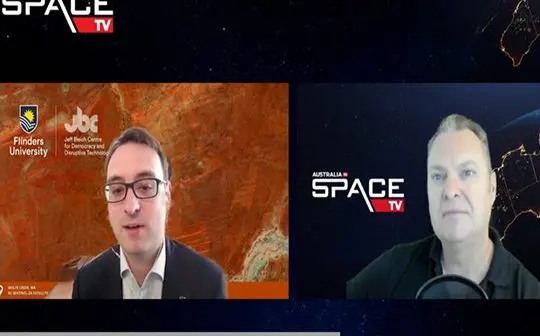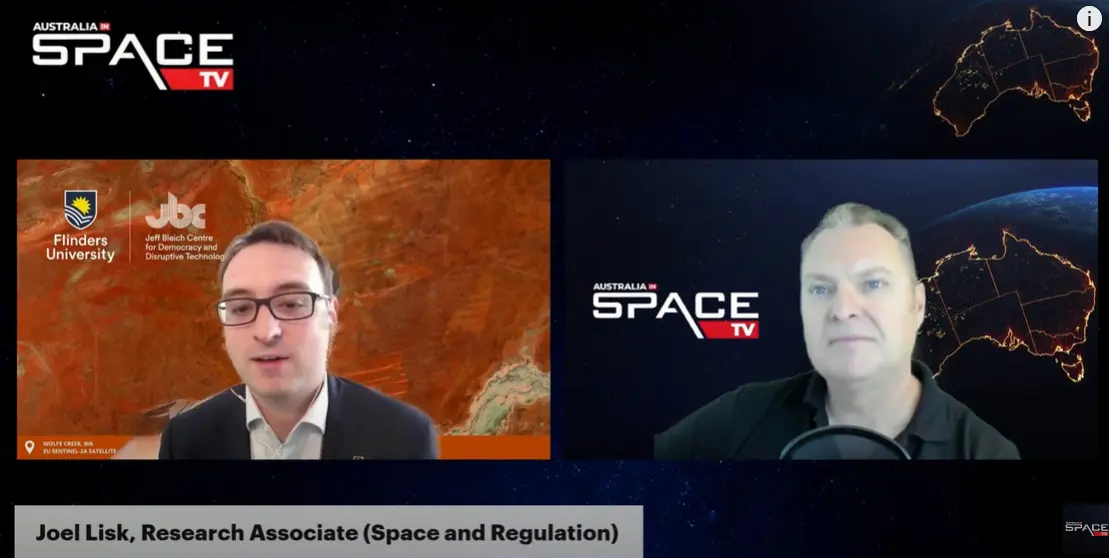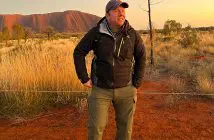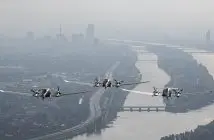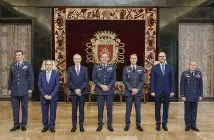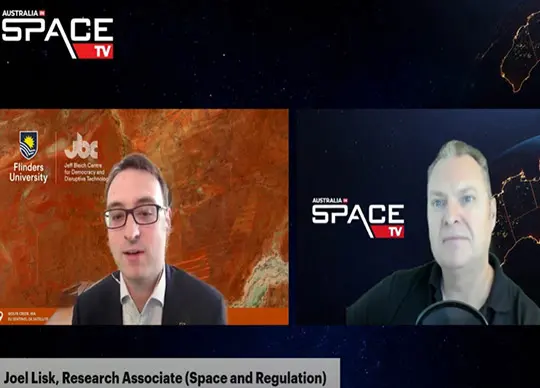
We speak with Joel Lisk, Research Associate (Space and Regulation) at the Jeff Bleich Centre for Democracy and Disruptive Technologies at Flinders University who provides expert analysis on the Australia’s new US space tech agreement.
Australia’s new Technology Safeguards Agreement will play an important role in Australia’s cooperation with the US, strengthening the ties we have with the US related to sensitive technologies, including the growing AUKUS relationship.
The implementation of this agreement will be essential to determining whether it is a useful instrument or just an agreement that will never be used.
At the same time, its implementation will need to be carefully considered to ensure it does not have an oppressive impact on start-up and growing Australian businesses that outweighs the benefits of this TSA.
This week the Australian Government released the wording of the Technology Safeguards Agreement (TSA) it signed with the US Government in October last year. The agreement will allow US companies to bring their rocket technology to Australia.
This treaty-level agreement will allow for space-businesses in the US to look to Australia as a potential location to launch their rockets and satellites. With four launch sites either established or under construction in Australia, this means we might get to see more US space businesses look to Australia as a viable place to operate from.
Australia has a range of geographical advantages for launch activities, including locations close to the south pole and the equator, as well as large, open and unoccupied areas.
Why is the TSA necessary?
The US has some of the strictest and most evolved technology control laws in the world. These laws prevent US companies and individuals from exporting sensitive technology – such as rockets and some types of satellites – to places outside of the US. Penalties for breaching these laws are severe. The TSA will allow businesses in the US to export their technology to Australia, albeit with strict conditions in place.
The TSA itself is a complex document and is dedicated to protecting US technology. The TSA imposes significant supervision, disclosure and compliance requirements on the Australian Government and any business seeking to provide services to US companies. This includes the establishment of ‘controlled’ and ‘segregated’ areas within Australia restricted to US citizens and people approved by the US, restrictions on who can examine US technology when it is brought into Australia, and limitations on the countries Australia (and Australian businesses) can deal with or provide space-related services to.
The UK and NZ also have TSAs with the US to enable space businesses to go to those jurisdictions, but in a welcome development it appears that not all restrictions in those agreements have been applied to Australia.
This included restrictions on the ability for New Zealand to develop its own rocket technology that have not been carried over to the Australian TSA as this would have had substantial negative impacts on the existing Australian space sector. The TSAs in place in the UK and NZ have both facilitated launches from those jurisdictions.
FURTHER READING
https://spaceanddefense.io/technology…
https://www.legislation.gov.au/C2004A…
SPACE LAW COUNCIL ANZ
https://www.spacelawcouncilanz.com/
#mysecuritytv #australiainspacetv #flindersuniversity #spacelaw #aukus #ustrade #spacelaunch

